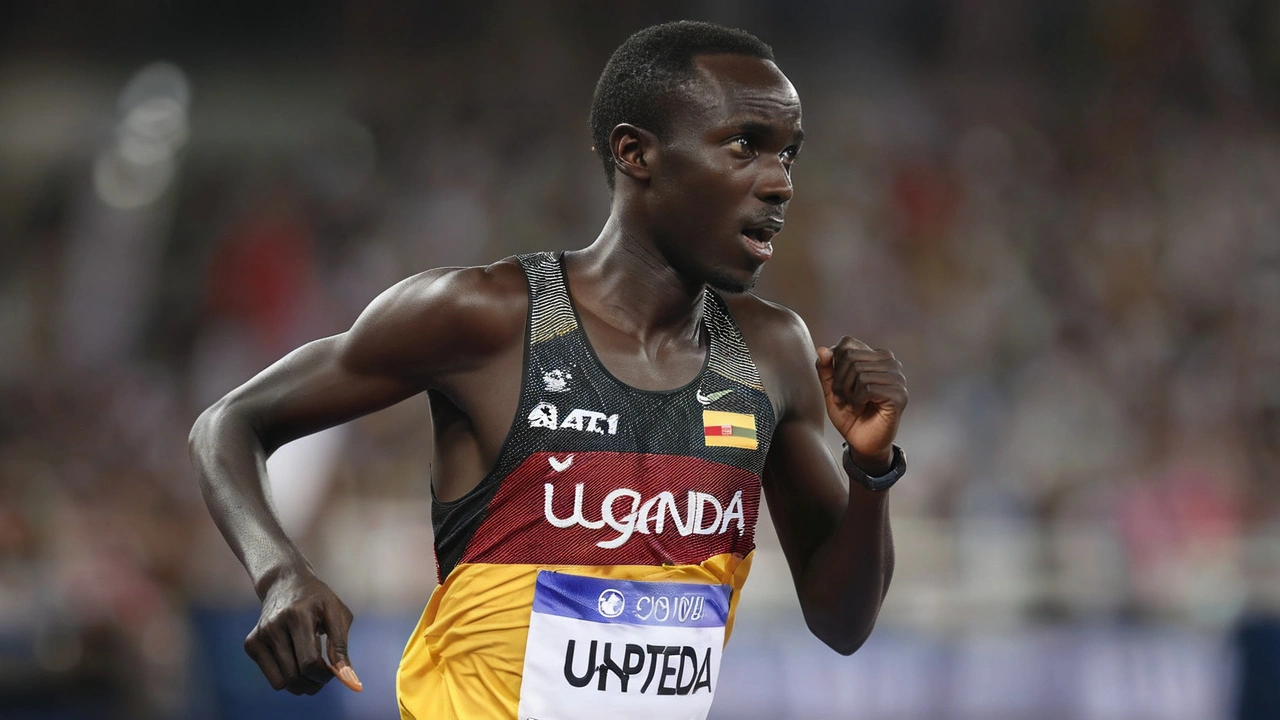Olympic record: how records are set, verified and followed
Want the quick truth about Olympic records? They’re not just big numbers on a board — they mark moments when athletes beat every performance at the Games under official conditions. Some records come from jaw-dropping, once-in-a-generation efforts. Others fall more often as training, tech and tactics improve. If you care about who holds the best Olympic marks, you want to know how those marks are created, checked and updated.
How Olympic records work
An Olympic record is the best performance recorded at any edition of the Olympic Games for a specific event. It’s separate from a world record. A world record can happen at any sanctioned meet; an Olympic record only counts at the Olympics. For a mark to be official, several boxes must be ticked: proper equipment, certified officials, approved timing or measuring systems, and anti-doping tests when required. If any of those fail, the result can be rejected even if it beats the standing record.
Different sports use different verification rules. In track events, photo-finish timing and wind readings matter. In weightlifting or field events, certified scales and measuring devices are used. Swimming records rely on pool certification and touchpad timing. The technical rules are strict because records carry weight — prize money, national pride and historical legacy.
Notable patterns and surprises
Some Olympic records stand for decades; others fall at nearly every Games. Why? Technology, training science and rule changes shift the balance. Think of shoes, track surfaces, nutrition and even swimwear rules — they all affect how fast or far athletes go. That’s why comparing records across eras needs context. A record from 40 years ago might still look huge because conditions were different then.
Upsets happen, too. Younger athletes sometimes burst onto the scene and rewrite the books, while veterans find new life and smash expectations. That mix of predictability and surprise is what makes watching records getting broken so addictive.
Where to follow updates and why it matters
If you want live record tracking, use a mix of official sources and smart coverage. The International Olympic Committee, sport federations (World Athletics, FINA, etc.), and national Olympic committees post verified results first. Media outlets add context, interviews and reaction. On this tag page, you’ll find the latest stories that mention record bids, surprise winners and the athletes most likely to set new marks.
Why follow records closely? They tell a story about progress — in sport and in the people behind the results. Records inspire national pride, boost an athlete’s career, and change how coaches and countries prepare for future Games. Bookmark the tag, set an alert for big events like athletics or swimming finals, and check back during the Olympics for the fastest way to catch a record-breaking moment.
Want alerts or deeper breakdowns on specific events? Scroll the posts listed here or use the site search to find updates on your favorite sports and athletes. We’ll keep this feed refreshed with the latest results and context you can actually use.
Joshua Cheptegei Triumphs at Paris 2024: Sets New Olympic Record in Men’s 10,000m Race
Joshua Cheptegei of Uganda captured the gold medal in the men’s 10,000-meter race at the Paris 2024 Olympic Games, setting a new Olympic record with a time of 26:43.14. He broke the previous record set by Kenenisa Bekele in 2008. Despite fierce competition, Cheptegei showcased remarkable strategic finesse, culminating in his first Olympic gold in the event.
